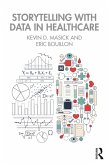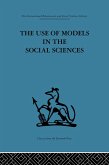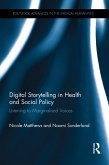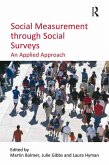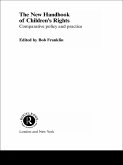The chapters are organized according to the main tasks involved in conducting an evaluation to produce unbiased evidence of program effectiveness, quality, and value. The chapters include methods for selecting and justifying evaluation questions or hypotheses, designing evaluations, sampling participants, selecting information sources, and ensuring reliable and valid measurement. The final section of the book is focused around managing and analyzing data and transparently reporting the results in written and oral form. The book features international case studies throughout, covers quantitative, qualitative, and mixed-method approaches, and is also informed by new online methods developed during the COVID-19 pandemic. Among the book's unique features is a focus on international standards for conducting ethical evaluations and avoiding research misconduct.
Also featuring checklists, example forms, and summaries of the key ideas and topics, this very practical book is essential reading for students in the social, behavioral, and health sciences, and will be a key resource for professionals in the field.
Dieser Download kann aus rechtlichen Gründen nur mit Rechnungsadresse in A, B, BG, CY, CZ, D, DK, EW, E, FIN, F, GR, HR, H, IRL, I, LT, L, LR, M, NL, PL, P, R, S, SLO, SK ausgeliefert werden.




